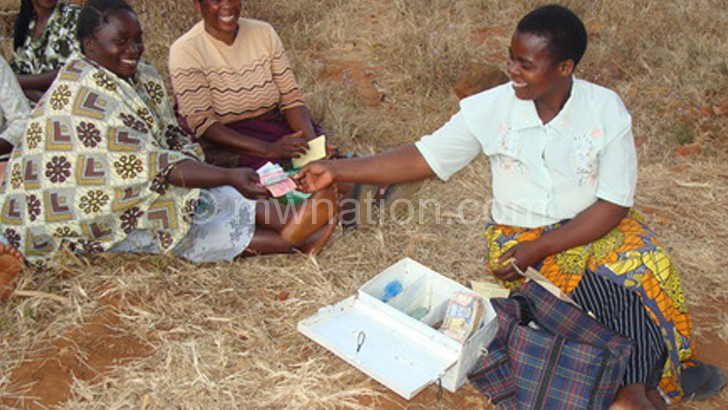‘Coordination between bodies working VSLs and Government vital’
An economist in the Ministry of Finance, Economic Planning and Development has asked nongovernmental organisations working with village savings loan groups (VSLs) to clearly declare information on the groups they work with.
In an interview during the week, Peter Mwale—who is responsible for VSLs and microfinance in the ministry—said it is vital for the government to have information on VSLs so that it develops tailor-made policies for the groups.

He noted that different approaches and models among implementing organisations and limited collaboration between the organisations and community development officers are among challenges that have limited potential of VSLs.
“VSLs are an important aspect in the financial inclusion. They have helped poor communities to start and expand businesses but also increase investment in food security, nutrition and livestock and other assets.
“However, without government knowledge on the affairs and performance of VSLs, they will continue to face challenges, hence the need for these organisations to come forward with clear data so that we know how best we can come in to assist,” he said.
According to Mwale, the country has in excess of 600 000 VSLs members who have accumulated savings of over K3 billion from 67 organisations only but the number is increasing by the day.
Meanwhile, the Malawi Union of Savings and Credit Cooperatives (Muscco), an umbrella body for Savings and Credit Cooperatives (Saccos), is also working with VSLs to provide an alternative savings avenue for the VSL members before they think of how to spend their money.
In a recent interview with Business News, Mussco chief executive officer Sylvester Kadzola said the aim is to encourage savers in VSLs to build capital, provide security to members’ funds and allow members to make meaningful investments from their savings instead of just saving and sharing for consumption at the end of a savings cycle.
He said besides linking VSLs to Saccos for capital formation and security of member’s funds, Saccos also provide access to members to a variety of loan products which VSLs may not provide.
A Finscope Malawi Consumer Survey of 2014 revealed that at least 1.6 million adults—approximately 16 percent of the country’s population—save through savings and loans groups.




